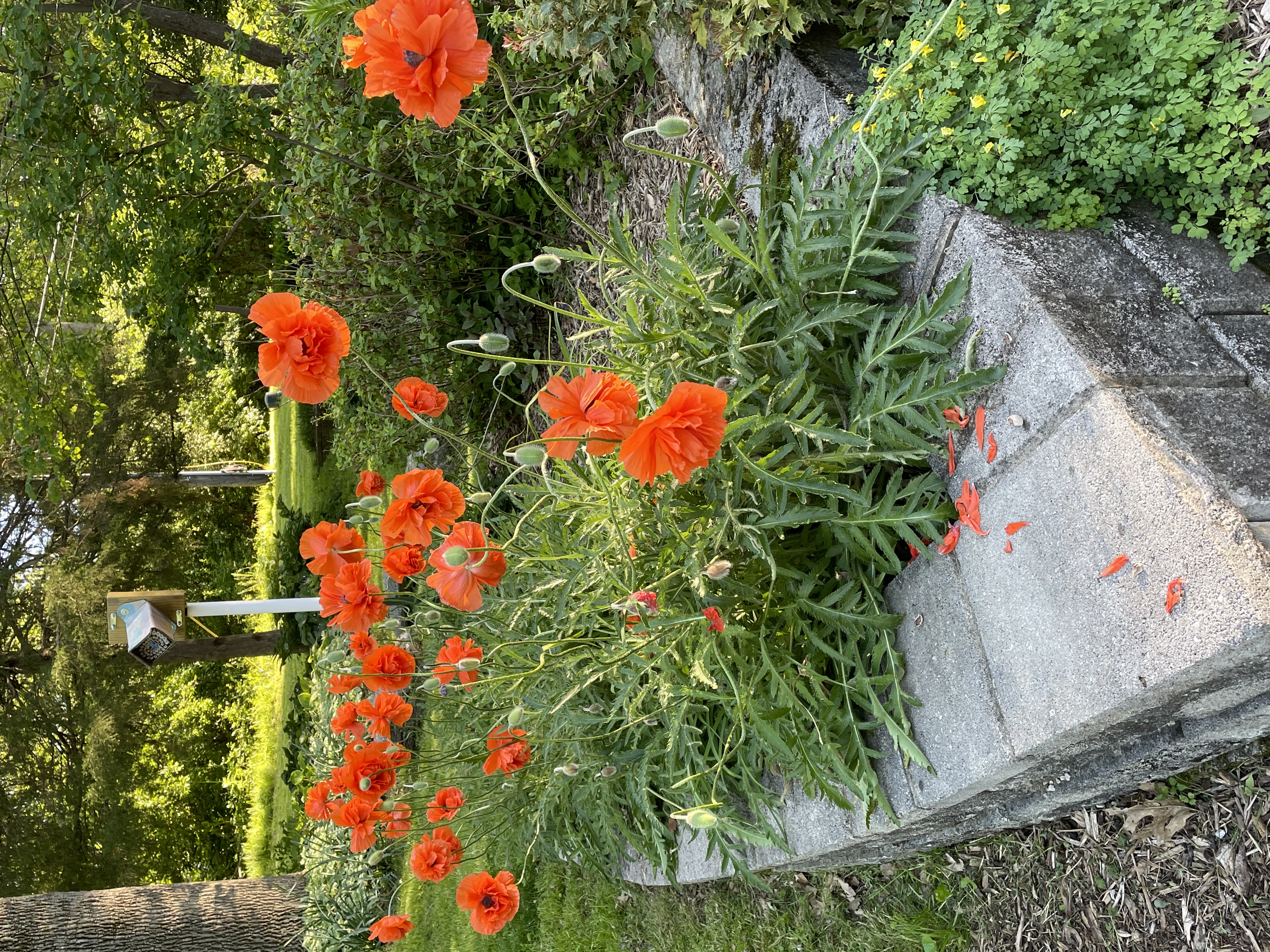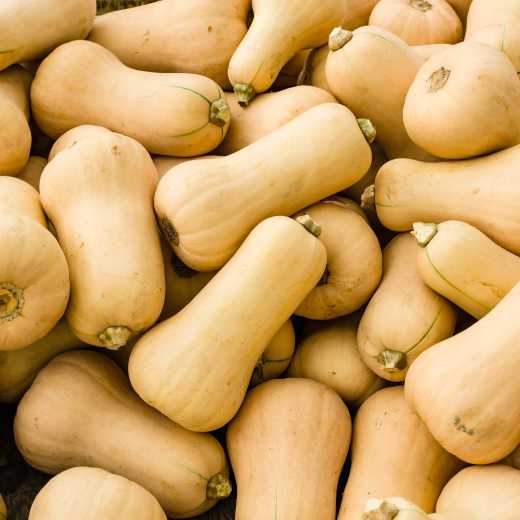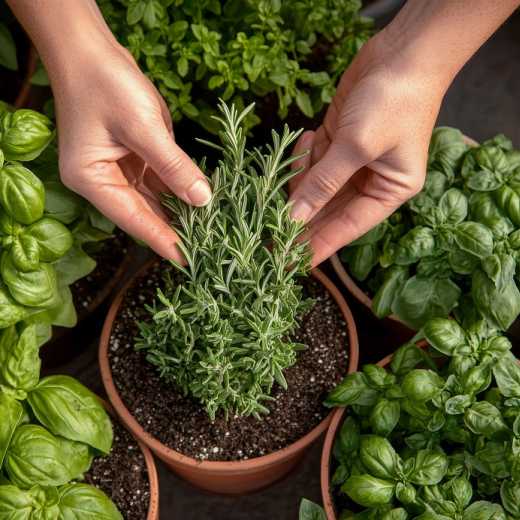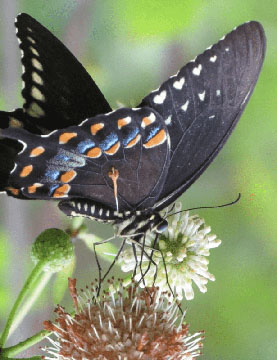Gardening and Relationships
Gardening is like having a long-term relationship. There are high expectations, disappointments, or your wish that they would go away because they have worn out their welcome.
My woodland gardens have been overrun with best intentions that have gone awry. The infamous Chameleon plant (Houttuynia cordata) spreads rapidly with a root system that is impossible to eradicate.
The celandine poppy (Stylophorum diphyllum) started off as a single plant, but in a few years, it has multiplied and spread throughout my woodland gardens. However, just like when a child gets on your last nerve, they do something special, and my love is redeemed. In spring, when the celandine poppies bloom in a neon yellow, it brightens my mood after a long cold winter. But I do wish they were not so happy in my gardens and just slow down their reproduction.

My husband has asked me to go on a plant diet. I cannot buy another plant unless I get rid of one. I have given plants away to friends, family, neighbors, donated them to plant sales (to benefit my garden club) as well as to a local middle school in which the teacher is encouraging her students to become future gardeners. However, my compost bin has also been the recipient of many a plant that will not take “no” for an answer. (I have learned that it is not always a good thing to do, since bulbs, roots, and seeds could be spread elsewhere when I use the compost. They should be shipped out in the trash or destroyed.) My husband thinks it would be a terrible thing to gift a plant that has a super aggressive behavior. I agree. I have been the recipient of many a gifted plant that has spread rapidly. The chameleon plant was such a gift; a single plant that has spread insidiously.
A good friend gifted me double petal poppies in a show-stopping orange that popped throughout my gardens in spring; they are gorgeous. But, once they are done showing off, the plants go into overdrive to produce more plants, and with what I consider to be a ratty foliage. I have become brutal with them, yanking the plants and sending them to the compost bin. This does not stop their tenacity to come back each year to put on another strong display of crepe paper like flowers.
There are some plants that I want to divorce; I am hoping for an amicable one. However, they are holding me to “for better or for worse” vow. Boston ivy, wild ginger, and native lamium are ground covers that did not take long to spread aggressively. I was gifted a dwarf Alberta spruce in a pot that had a few sprigs of Boston ivy in the pot. Naively, I planted the spruce along with the ivy; in a few years the ivy has creeped its way from the spruce and now they are about to overwhelm some gorgeous azaleas I have. Not to mention that the ivy has headed to the foundation of my home and wants to climb the stucco exterior walls. A weed eater right now is keeping that from happening. But I know this is a temporary remedy. Stronger methods of eradication will need to be applied. Ironically, my husband hates the Boston ivy, but he planted a variegated ivy that is not to be touched. Fortunately, it is not aggressive and does give a beautiful contrast with its sagey green and white leaves against the evergreen shrubs.
The corydalis (Corydalis lutea) was also a single plant purchase that has spread profusely, even into the spaces between landscaping block walls (terraces) that took my husband 20 years to build. He is not happy, but I absolutely love the effect on how it softens the concrete landscaping blocks. They appear to thrive in such a cramped space and provide such a wonderful visual interest to the gray background of the walls. To keep my own marriage from going south, I do pull and trim the corydalis back. Fortunately, it doesn’t mind my heavy handiness with it; it always comes back with bright green foliage and cheerful yellow flowers.
At our local botanical gardens, there is a large area that has been designated the Japanese Garden. Our sister city Isezaki has helped design and donated plants and features to this serene garden. As I stroll the paths throughout the Japanese Garden, I realize quickly that they highlight specimen plants and “less is more.” As I walk through my own gardens, I have determined to reduce the number of plants and highlight those that provide visual interest. But it is a real struggle for me to mentally dig up these healthy plants. However, I do donate and give these “extras” to family and friends as long as they are not aggressive/invasive. I don’t want my family and friends avoiding me when I come bearing gifts of plants. And we are back to our relationships with our plants; the separation anxiety I have when giving away a plant (what if the one that I left in the ground dies; plants do not last forever and have their cycles of life as we humans do).
However, no matter the work that plants require (they need to be nurtured as much as we do and need sustenance as well), it is often a labor of love and not drudgery. Well, except when the mosquitoes, ticks, chiggers, and other biting insects become a ridiculous nuisance. I guess that is why insect repellant sprays, hats, gloves, long sleeves, etc. were invented to help mitigate the aggravation of critters doing their jobs.
We must maintain our gardens as we do our marriages or friendships; provide love and care but occasionally let them know we are not going to take their sass, or they will get sent to the compost bin.
National Garden Clubs, Inc. is a 501(c)(3) organization that aims to promote the love of gardening, floral design, and civic and environmental responsibility. There is a local club near you, click here to find one and join. Subscribe to the NGC’s blog by entering your e-mail here. You will receive an e-mail when there is a new blog article on the NGC website. You do not have to be an NGC member to subscribe.

 Member Login
Member Login






